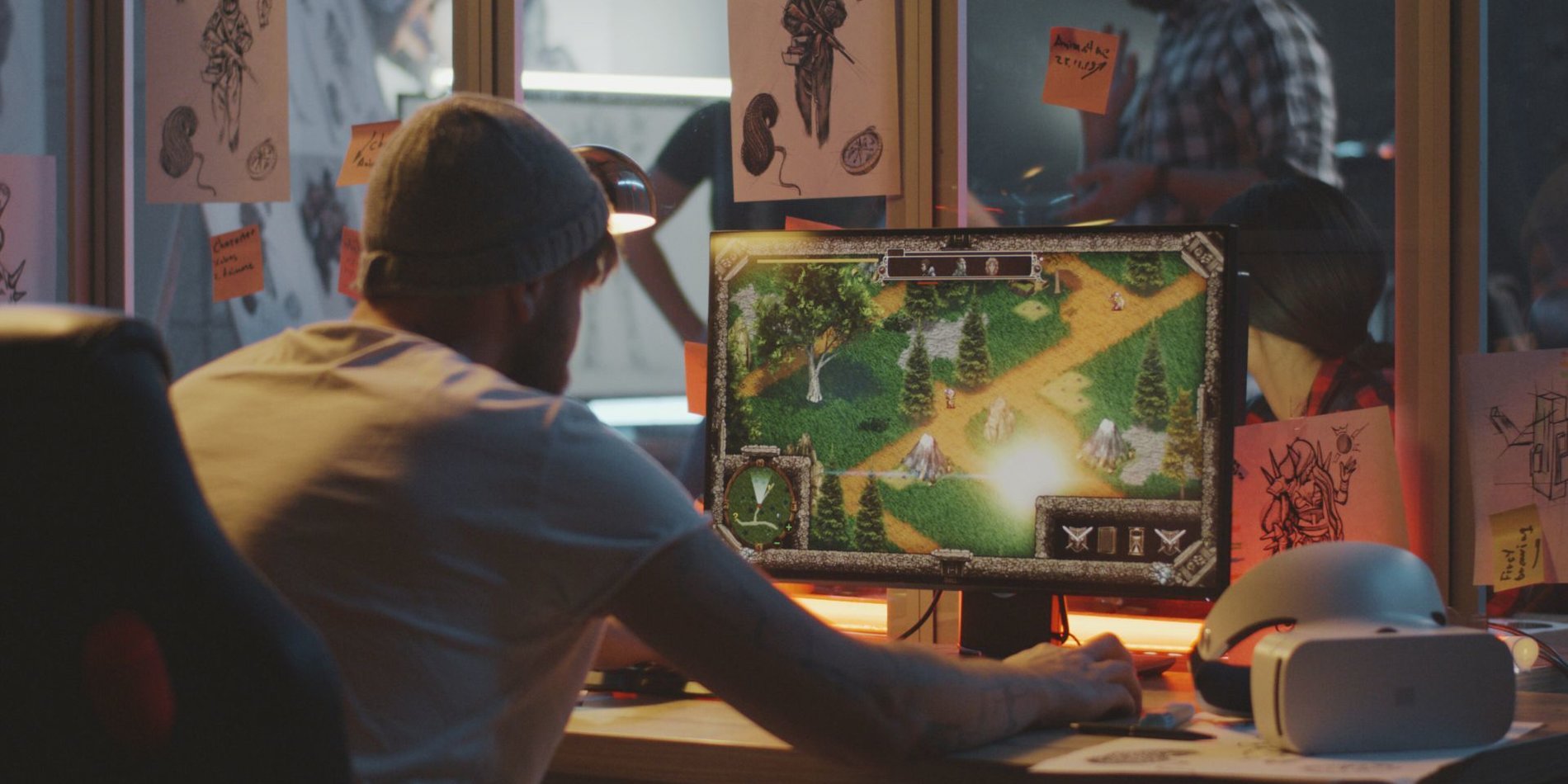General Education Requirements
Course Description
What makes a video game world feel like a real place? What is our relationship to the real world? Can we learn anything from video games about our relationship to the real world, and can we learn anything from philosophy that can help us create compelling video game worlds? In this course we will examine elements of video game design and development in the context of related philosophical topics including the nature of worlds, the nature of the mind, and the nature of action. For example, while some games are open-world, some consist of a set of sandboxes, and could the distinction between what philosophers call 'possible worlds' and 'situations' help us understand the difference? (Or vice versa?) Video game worlds are often sprinkled with 'pick-ups' -- do philosophical accounts of how agents perceive the real world help to explain why this is such an intuitive game mechanic? In this course we will play and tinker with video games while also reading philosophical texts, and see if each domain can stimulate our thinking about the other. There are no prerequisites for this course, but all students should come prepared to read challenging literature, to play some games, and to make some games!
Meet the Instructor: John Turman

John Turman is a lecturer for the Civic, Liberal, and Global Education (COLLEGE) program. He earned his bachelor's degree in philosophy at U.C. Berkeley and completed his PhD in philosophy at Stanford University. John's current research is focused on foundational questions about the concept of knowledge, concepts of action, concepts of the mind, and how facts about a person's mind explain facts about their behavior. John is also a passionate (beginner) video game development hobbyist and a long-time music/audio production hobbyist (and has a few other irons in the fire).



